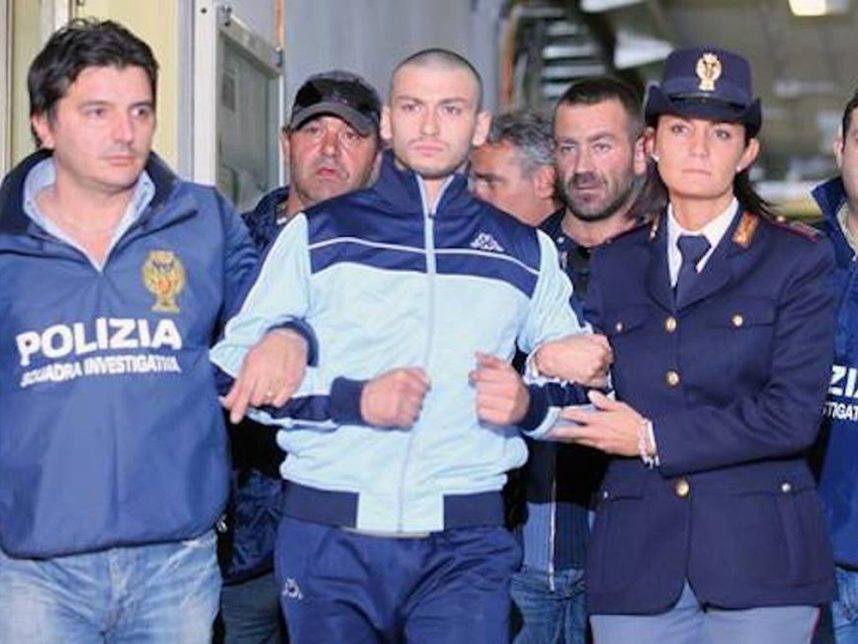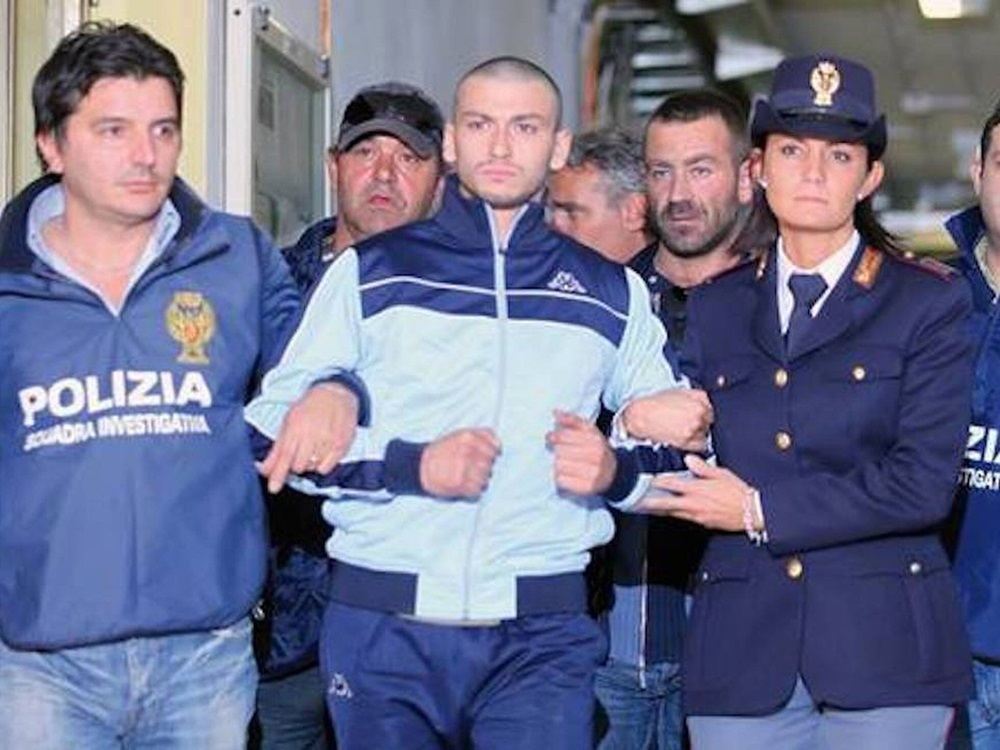Posted on: January 11, 2024, 07:21h.
Last updated on: January 11, 2024, 07:21h.
An Italian Mafia hitman currently serving a life sentence for the killing of a Naples politician is facing further charges. That’s after he confessed to committing three more unsolved murders as part of his sociology degree course.

Thirty-three-year-old Catello Romano has received plaudits for his 170-page university thesis. The paper recounts his career as a member of the Neapolitan Camorra organized crime syndicate, whose main revenue streams include racketeering, drug trafficking, illegal gambling, counterfeiting, and money laundering.
The thesis aims to understand “the criminal phenomenon” and ultimately contribute “to its possible prevention,” according to Romano.
My name is Catello Romano. I am 33 years old, and I have been in prison for almost half my life, 14 consecutive years. I have committed horrendous crimes and have been convicted of several Camorra murders. What follows is my criminal history,” the thesis starts.
Shot to Death
But while Romano’s professors have lauded his work, prosecutors have another take. The Naples Prosecutor’s Office is scrutinizing the document and preparing to reopen the cases of the three unsolved murders Romano has admitted to, El Pais reports.
Meanwhile, the reformed Mafioso has been moved to a maximum-security prison in Padua for his own protection.
Romano was sentenced to life in prison after being convicted of the 2009 murder of Luigi Tommasino, a Neapolitan city councilor who was shot to death in his car with his 13-year-old son in the backseat.
The victim was killed because the Camorra determined he was “meddling in too many things that did not concern him,” according to Romano.
But the repentant criminal also wrote about his first two murders in 2008, that of Carmine D’Antuono – a rival Mafiosi – and Federico Donnarumma, who just happened to be in the wrong place at the wrong time.
‘Traumatic Event’
Romano describes the killings as “the most violent, traumatic and irreparable event” of his life, one that left a “hole in my soul.”
He also admitted to killing rival gangster Nunzio Mascolo. He wrote in the paper of his suspicion that Mascolo had done nothing to deserve death, but he did not question the order from his superiors.
“In the infamous logic of the Camorra and of the underworld in general,” he wrote, “it works like this; it is not even necessary for the victim to have done something. I have learned on the ground that in that world one can die for the envy of someone who, unfortunately for the victim, has some influence to order a death sentence.”
Charlie Barnao, a professor of Sociology at Catanzaro University, described Romano as a “brilliant student, who has gotten very good grades throughout his course of study.”




